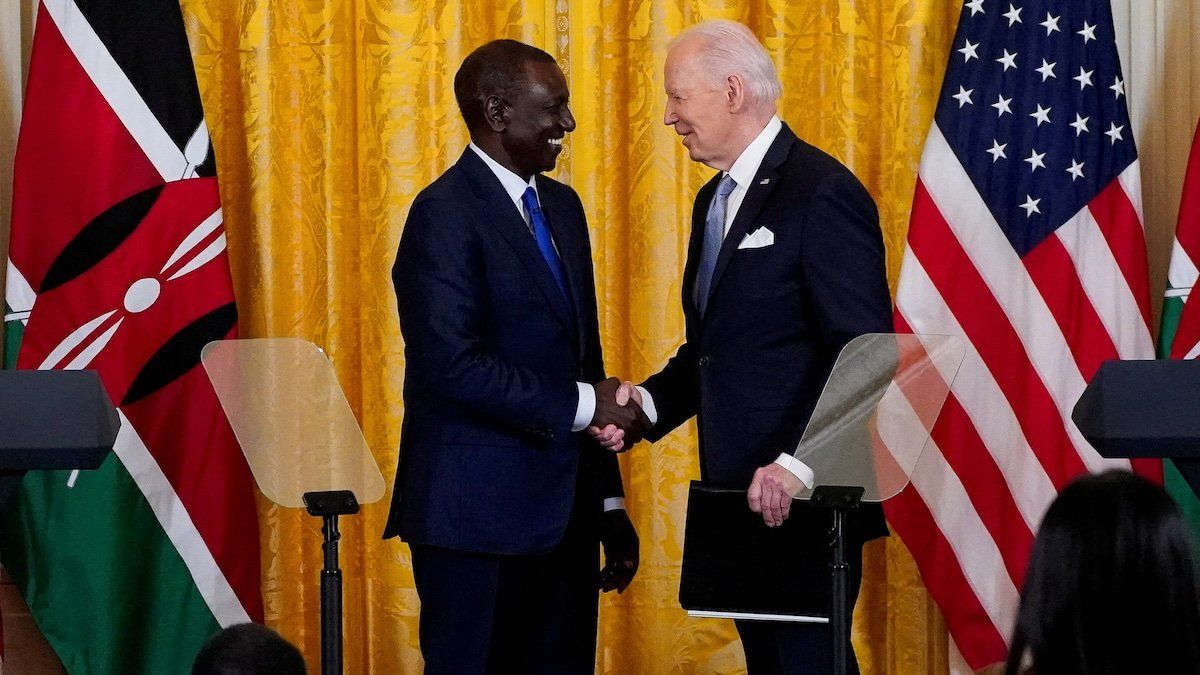Yesterday’sstate visit to the White House by Kenya’s President William Ruto was an extraordinary event for several reasons. On the diplomatic front, it was the first official state visit by an African leader to the White House since 2008.
On the security front, President Joe Biden used the occasion to announce that his administration will work with Congress to designate Kenya as a “major non-NATO ally,” making the East African nation the 19th country to hold that status but the first in sub-Saharan Africa. This designation won’t require the US to defend Kenya if it falls under attack, as all NATO members are obligated by treaty to do on behalf of alliance partners, but it deepens strategic defense cooperation between the two and allows for jointly funded research and development projects.
On thetechnology front, Kenya is already home to a large concentration of startup tech companies. Biden and Ruto announced a partnership on semiconductor development on Thursday that could make Kenya the first country in Africa to receive funding from the so-called CHIPS Act, which subsidizes the production of cutting-edge computer chips. There will also be investment in AI and cybersecurity development.
Finally, on the geopolitical front, these agreements signal that the Biden administration recognizes the need to compete more aggressively with China, Russia, the UAE, Turkey, and others for trade, investment, and diplomatic opportunities in a resource-rich and increasingly innovative region of Africa.
